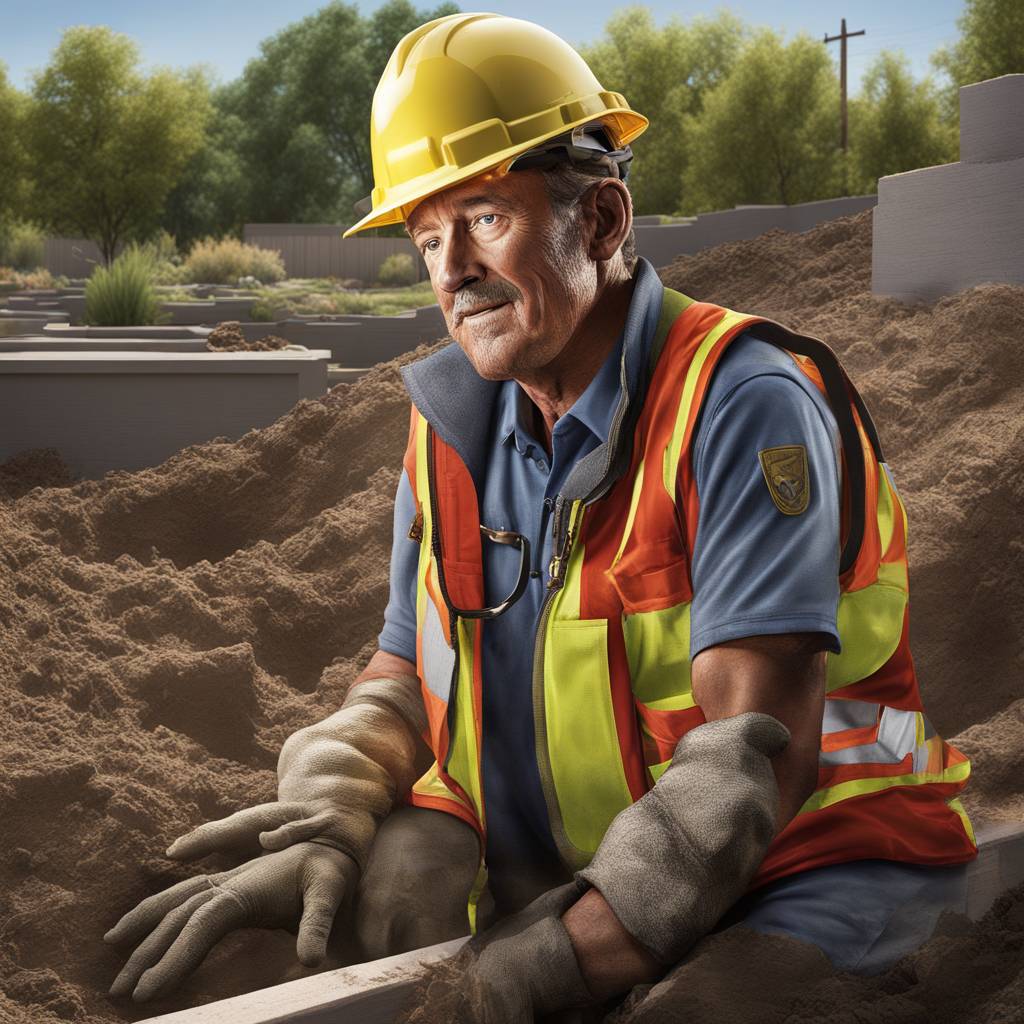A Utah worker was buried up to his chin when a trench 10 feet deep collapsed on him while he was digging in a backyard at a Cedar Hills residence. Three contract laborers were doing sewer work for a homeowner when the incident occurred. First responders arrived to find the victim buried up to his chin in dirt and debris, with two workers attempting to dig him out. Rescue efforts involved setting up trench shoring to make the area safe and using a vacuum truck to remove the dirt and debris around the victim. Fortunately, the victim remained conscious throughout the rescue mission, and was flown to a hospital in serious condition.
The victim’s identity and condition were not immediately released after he was successfully dug out of the collapsed trench. The cause of the incident was unclear, and it was announced that the Occupational Safety and Health Administration (OSHA) teams would investigate the collapse. The battalion chief at the scene remarked that the victim was lucky to have survived, and commended the rapid and effective work of the rescue crews in freeing him from the trench. The incident serves as a reminder of the dangers associated with trench work and the importance of proper safety measures to prevent accidents like these.
This incident in Utah is just one of several recent cases involving trench collapses and injuries. Less than a week before this incident, a backhoe operator in Tennessee was buried alive for 12 hours when a dirt pit collapsed on him. Additionally, a 7-year-old girl in Indiana tragically lost her life when a sand hole she was playing in on a Florida beach collapsed and completely buried her. These incidents highlight the serious risks associated with excavation work and the need for strict safety protocols to prevent accidents and tragedies from occurring.
The rescue efforts in Utah involved a collaborative response from firefighters, special response teams, and medical personnel to ensure the victim was safely extracted from the collapsed trench. The use of specialized equipment like vacuum trucks and trench shoring played a crucial role in the successful rescue mission. The victim’s condition upon reaching the hospital was reported as serious, underscoring the dangerous nature of being buried in a trench collapse. The swift and coordinated efforts of the rescue teams likely played a key role in saving the victim’s life in this harrowing situation.
As investigations into the cause of the trench collapse continue, concerns about safety practices and regulations in excavation work are brought to the forefront. OSHA’s involvement in assessing the circumstances of the incident will likely lead to recommendations for preventing similar accidents in the future. Employers and workers in industries involving excavation and trench work must prioritize safety training, equipment maintenance, and adherence to guidelines to protect against the potential hazards of working in such environments. The Utah incident serves as a cautionary tale about the dangers of trench collapses and the importance of implementing and enforcing safety measures to prevent such incidents from occurring.













